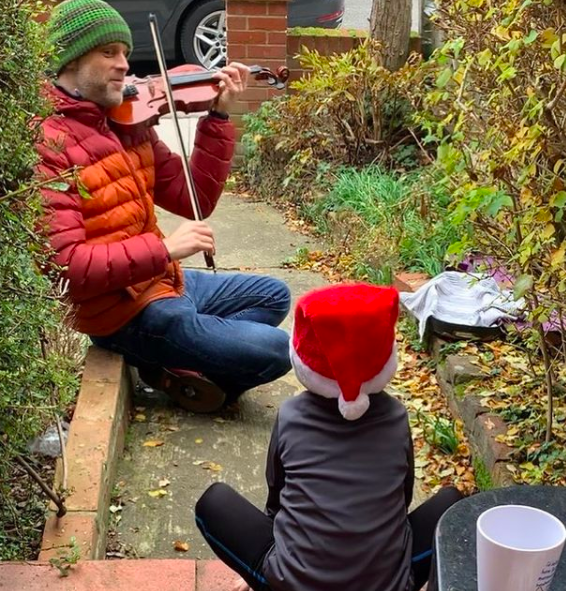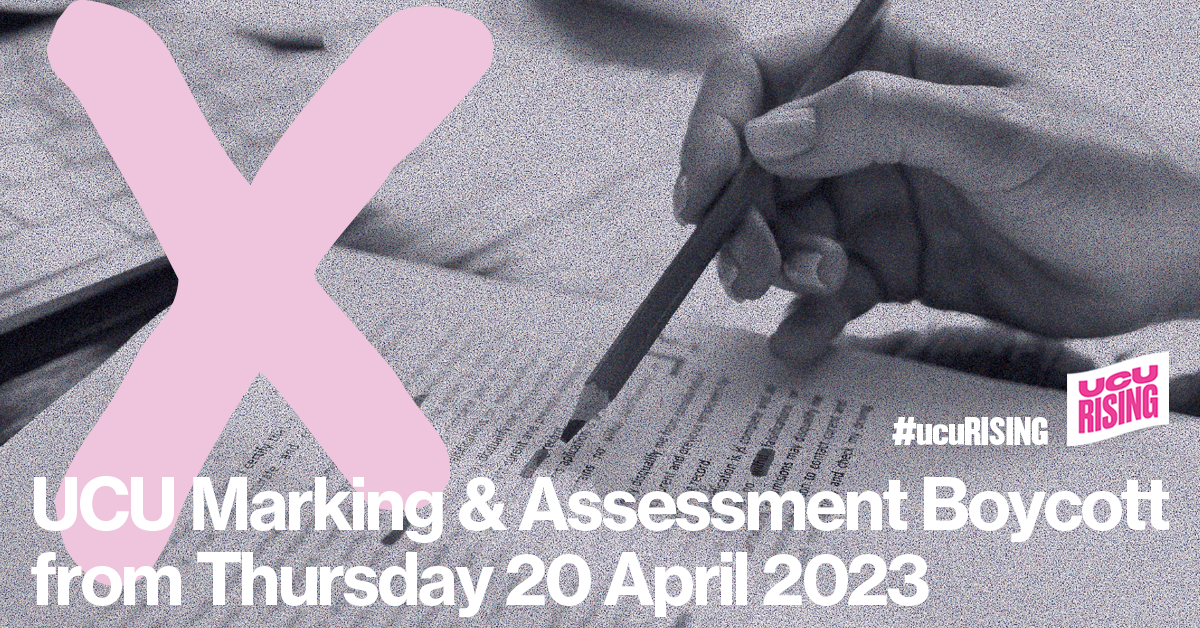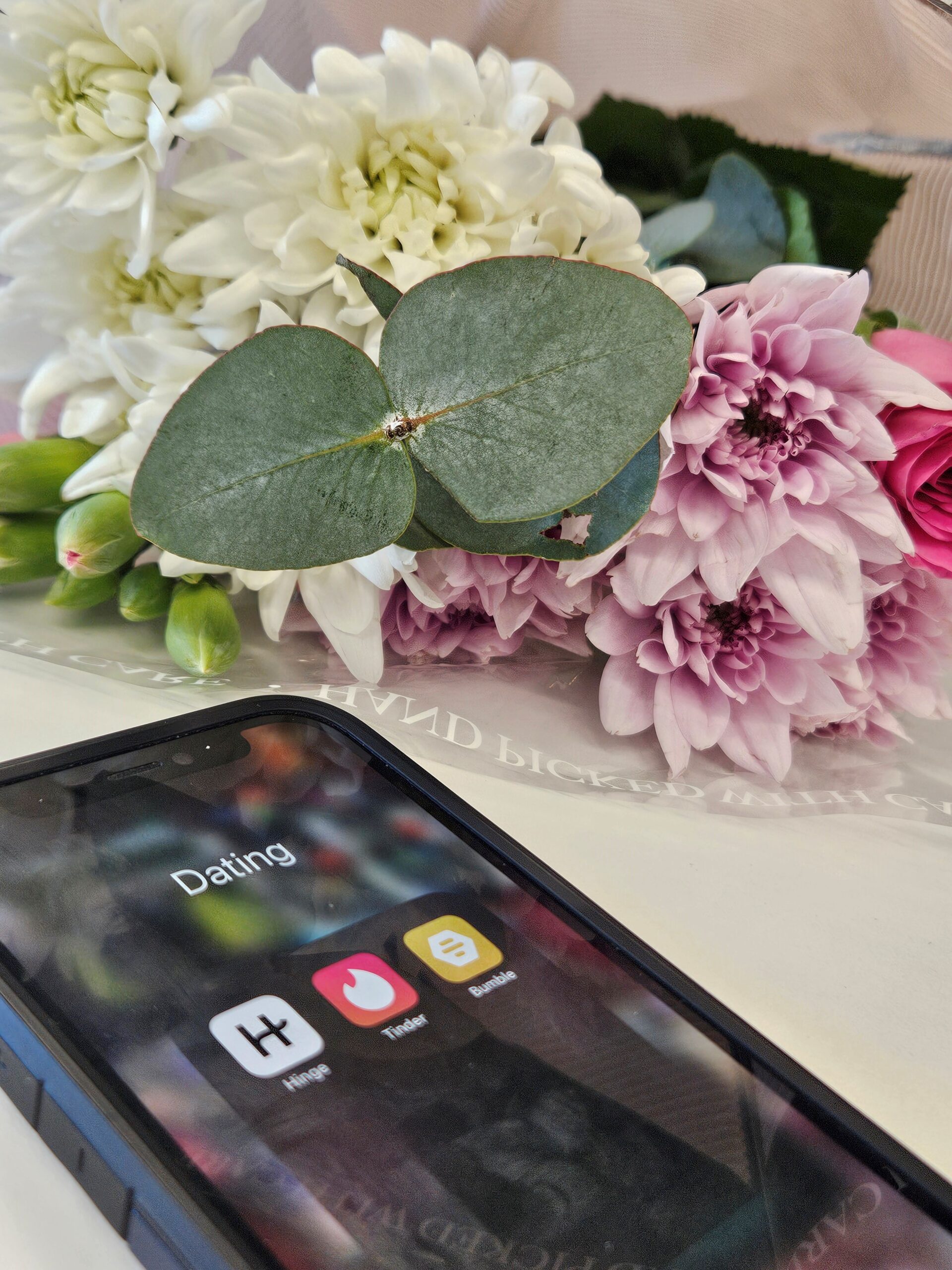Lorna Street was just 18 when she was spiked in her hometown of Norwich. She was in a near-empty club, when all of a sudden, she passed out in the toilet, coming in and out of consciousness, with little recollection of the night. She only had one glass of wine. She was then carried out by a security guard, put in a taxi, where she was constantly vomiting.
It wasn’t until years later that Lorna realised she’d been spiked that night. She said: “If I’d known at the time what had really happened to me, I would have one hundred percent got myself checked out.
“This is why I’m super passionate about it, because even if it happened years ago, it’s still important to recognise that it wasn’t okay.”
Lorna, who is an ambassador for Stamp Out Spiking, used her love for live events and music to spread awareness of the dangers of spiking and what staff at venues can do to prevent it.
The National Police Chiefs’ Council found that 80% of spiking incidents happen in public places. Almost half of the incidents happened in a bar, with nightclubs being the second most common location.
Lorna, who became an ambassador in 2021 after being spiked herself, hosted three events and raised over £3,000 for Stamp Out Spiking. With this money, Lorna has educated various venues around Norwich, where she’s from.

Lorna said: “A massive thing that’s lacking is education across staff and security.”
Pairing up with Eastern Pathology Norfolk, a Pathology Department, Stamp Out Spiking spent some of the money on self-test kits so people that have been spiked in Norwich can now go into the walk-in centre and test themselves.
The Stamp Out Spiking ambassador said: “It took a lot of work. But I always say to people: ‘if I’m one person, imagine if there was one of me in every area in the UK doing the same.’ It would make a huge impact.
“There’s already so much change that has happened. Obviously, not enough, but a lot has happened since I started volunteering.”
The government says that soon all security staff who hold a licence from the Security Industry Authority (SIA) will be required to do mandatory spiking training.
The Home Office will also be providing up to £250,000 of funding for a training programme for night-time economy staff.
Lorna, who’s a QC and Customer Rejections Lead, said: “It should be as important as health and safety training for staff. It should be something that everyone has to do to be able to do the job.
“When you work around alcohol, it should be mandatory and I honestly don’t know why it isn’t.”
As well as venues like bars and pubs, festivals have also seen a huge problem with spiking over the years.
Lorna, who studied at Norwich university, said: “I definitely think anyone working there, whether you’re doing staging or if you’re around alcohol, or people that are drinking, you should have training in how to deal with spiking and how to stop it.”

The government offers advice for venues and festival organisers, including offering training to all staff on how to recognise spiking and what to do when it happens.
The Association of Independent Festivals relaunched its Safer Spaces at Festivals campaign in 2022, where it showcases its commitment to tackling sexual violence, harassment, and assault. Over 100 festivals have signed up to the initiative.
Most festivals have drug testing tents where festival-goers can test to see if something is potentially dangerous. Many events do this via a third-party, where confiscated drugs or substances are left in amnesty bins.
If something potentially dangerous, or stronger than usual is found, a warning will go out.
Despite the calls to action, Lorna expresses sympathy that spiking can be a difficult offence to deal with. She says: “It’s really hard to locate because there are different ways of spiking people now.”
Emma Sugrue-Lawrence, 45, was spiked through a vape on a night out. The support worker, and mother-of-three, was on a night out with her daughter and friends when a man borrowed her vape and returned it after ‘showing it to a friend’.
It was within minutes of inhaling from her vape that Emma – who wasn’t drinking at the time – began to feel unwell. She was left out of complete control of her body and ended up in hospital.
Stamp Out Spiking’s October 2022 poll of 2,067 UK adults found that 3% of spiking incidents were through a vape.
Chloe Hammerton, 26, was also spiked through a vape at the Isle of Wight Festival.
Chloe told the BBC: “It was like the entire world went into slow motion, pins and needles throughout my body and then I collapsed onto the floor – within a minute I was unconscious.”
The paramedic was left unconscious and was taken to the festival’s on-site hospital.
Lorna said: “I think the important thing is looking out for yourself and others and how to prevent these things happening to you.
“You might not be able to physically stop these people spiking, but you can protect yourself by being aware, keeping in a group, and making sure everyone is looking out for each other.”
What pubic venues and festivals should do to stop spiking:
- Have CCTV that works effectively and covers all possible areas.
- Display anti-spiking posters/ graphics on screens which include clear information on how to protect yourself, what to do if you’re spiked, and how to report it.
- Display anti-spiking posters/ graphics on screens which include the criminal punishments for spiking. This will act as a deterrent.
- Have information leaflets and packages available which include information on how to report being spiked.
- Training for all staff members at the venue or event which includes how to look out for spiking, how to deal with it, and how to report it.
- Post anti-spiking information on all social media channels.
- At festivals, have medical and welfare teams available, with specific training on how to deal with spiking.
- Provide drink covers and anti-spiking bottle stoppers for all types of cups or bottles.
- Offer drink safety test strips.
- Work slowly with and develop a good relationship with local police forces.
- Remove unattended glasses or cups
- Be alert of suspicious requests.
All spiking incidents should be approached with compassion and victims should be provided with all the necessary information on how to report the incident.
Resources, such as e-learning, posters, and guidance are available here.




